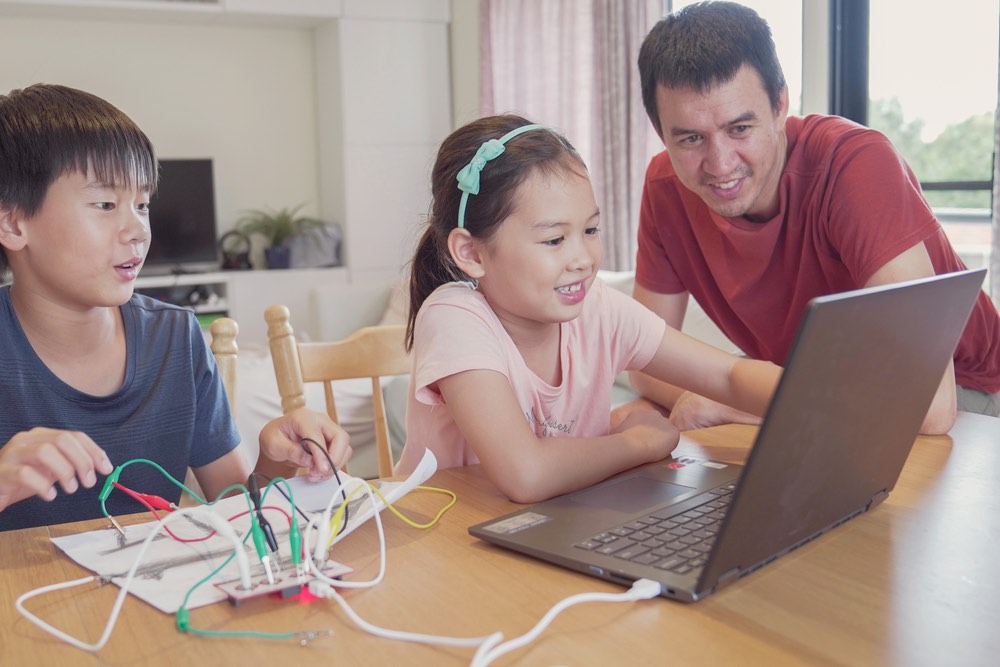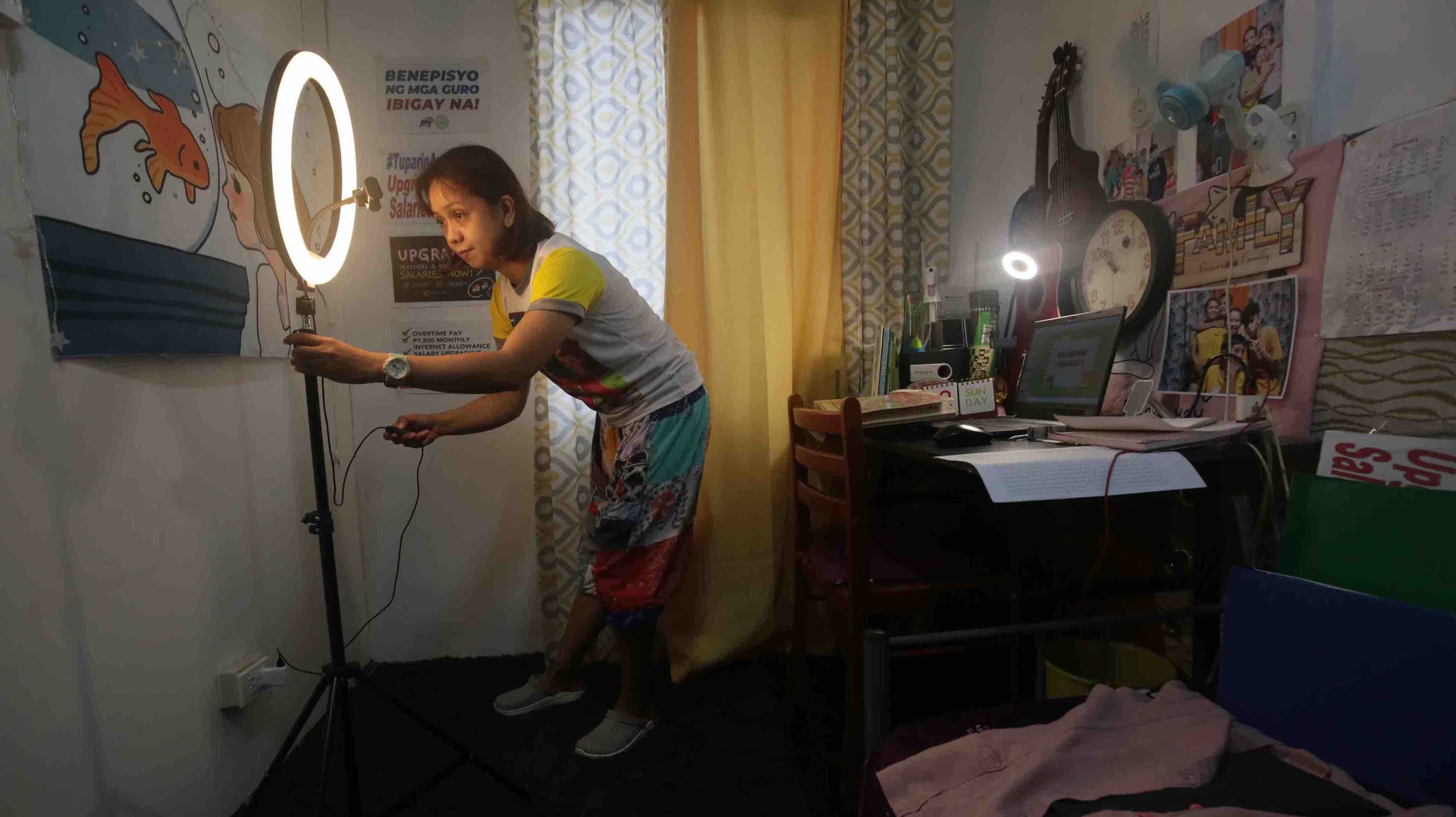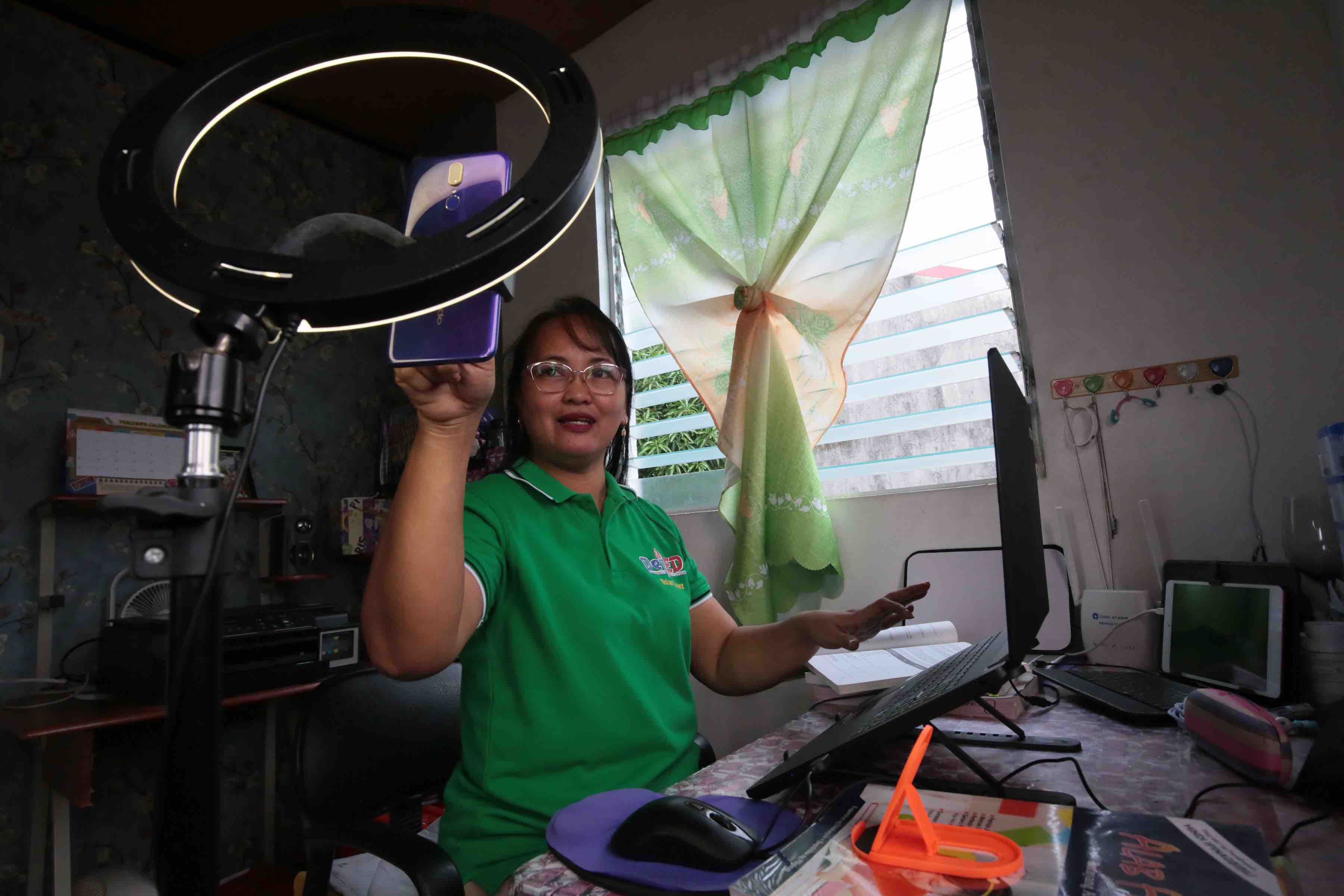Another year of distance learning: Are we ready or not?
Classes open today, Sept. 13. As in the previous school year, it looks like classes will still be conducted remotely because of the COVID-19 pandemic despite calls from some teachers, parents, youth groups, and even the Department of Education (DepEd) to allow face-to-face classes in low-risk areas.
The Philippines is only one of two countries left in the world, the other one being Venezuela, where schools are still shut due to the pandemic.
With the opening of a new school year, many questions hang over our heads: How was the first year of distance learning? Are we ready for in-person classes even on a limited basis? How can we all survive what could possibly be another full year of remote learning amid a worsening pandemic?
SY 2020-2021: A year of distance learning
With the continuing surge of COVID-19 cases, classes will again be conducted remotely following President Rodrigo Duterte’s directive to withhold face-to-face classes until COVID-19 vaccines become more widely available.
Despite the approval of Pfizer-BioNTech and, more recently, Moderna COVID-19 vaccines for emergency use for adolescents aged 12 to 17, the Department of Health (DOH) reiterated that high-risk groups like the elderly and people with comorbidities are still the priority due to inadequate supply of jabs.
Last year’s transition to online learning was about survival. This year, it’s about lessening and mitigating the learning loss while improving on the learning experience design.
The pandemic has all the more highlighted inequities in access to and quality of education. Many financially struggling Filipino families are faced with the additional burdens brought about by remote learning—many simply cannot afford gadgets and sustained mobile data.
Moreover, students’ mental health has also been adversely affected. In an interview with PhilSTAR L!fe, John Michael dela Paz, MA, teacher and assistant director of Camella Homes Montessori Child Development Center (CHMCDC), said that while blended learning will stay for now, “the reality is children are not wired for pure online learning—especially young children and those with special needs.”
He recounted the difficulties encountered during a year of remote learning, “Boredom and screen fatigue are at an all-time high.”

Dela Paz shared how it has been a tough year. “Last year’s transition to online learning was about survival. This year, it’s about lessening and mitigating the learning loss while improving on the learning experience design.”
An additional challenge is when students do not have anyone to help facilitate learning at home. Conversely, there are also instances when parents get a little too involved. Dela Paz shared how, for him, overly competitive families have been the hardest concern to deal with, “It’s already bad that teaching cues are limited, but when family members always step in without giving their children the chance to try, learning is hampered even more.”
Ready or not?
So are we ready or not for another year of remote or flexible learning? Are we ready or not for limited face-to-face classes?
An online survey conducted by the Movement for Safe, Equitable, Quality, and Relevant Education (SEQuRE) from June 25 to July 2 revealed that a whopping 86.7% of students under modular learning, 66% under online learning, and 74% under blended learning (mixed modalities) said they learned less with alternative modes of instruction compared to traditional in-person classes.
Only 5.4% of students under blended learning, 5.7% under modular learning, and 9.1% under online learning said they “learned more.” Survey results also yielded that 40% of students do not want distance learning to continue this school year, while 21% say otherwise, and 39% are undecided.

Despite the rather grim figures, 41% of parent-respondents want the upcoming school year to be conducted remotely due to the pandemic. Only 23% of them reject remote learning, while 36% are undecided.
Survey respondents included 1,278 teachers, 1,299 Grades 4 to 12 students, and 3,172 parents mostly from the National Capital Region (NCR).
Several groups expressed their worries that learning would only be further compromised should the current remote setup continue to be pushed as the new norm. Kabataan Representative Sarah Elago advocates a phased reopening of schools, “Not all who are compliant have adjusted to the current learning setup which is still far from flexible,” Elago wrote on Twitter. She underscored the need for the Commission on Higher Education (CHED) to support calls for education relief measures such as internet and communication subsidies.
Jandeil Ropero of the National Union of Students of the Philippines (NUSP) supports Elago’s calls and believes that, “Relatively, face-to-face classes remain to be the most inclusive and accessible option for education.” He said that CHED should heed the demands for more financial aid for students without the means for gadgets and access to the internet.

While Dela Paz is one with Elago’s and Ropero’s calls for more assistance for students’ distance learning needs and recognizes the merits of physical over remote classes, he thinks we are not ready for the traditional in-person mode just yet.
“We still have much to do in terms of our COVID-19 response, especially with the increasing number of cases not only in Metro Manila”.
He added, “The UNICEF makes a great point when it recently said that classroom learning cannot wait, but this should not come at the expense of the health and the lives of children, especially in our country where COVID-19 cases are at an all-time high and we have barely vaccinated half of the population. I’d rather have under-taught children than have sick and dead ones,” he said.
Advice to parents, students
While it looks like distance learning is here to stay, at least for the time being, we asked dela Paz for advice on how we can get through this coming school year. “Although not everyone is privileged enough to be working and studying at home, when you do have this privilege, acknowledge and maximize it,” dela Paz advised.
An additional challenge is when students do not have anyone to help facilitate learning at home. Conversely, there are also instances when parents get a little too involved. When family members always step in without giving their children the chance to try, learning is hampered even more.
He emphasized the value of establishing a routine in distance learning, “Distance and online learning aren’t a license to not take a bath or dress up or follow a schedule. Set a time for everything and this includes time for play and time for taking a break from gadgets.”
Dela Paz also said that the home can be a great learning space, “Spend time with the children, encourage them to do household chores together, take care of pets and plants, learn how to cook, learn how to do crafts, read together, talk about what’s happening in the country, discuss online etiquette, search the internet for interesting ideas, talk to each other, and most importantly, be present.”

For parents who are having a hard time maintaining a healthy work-life balance, Dela Paz advised them not to be too hard on themselves, “If work doesn’t give much privilege to spend time with your kids, please, don’t feel guilty. You are doing your best in this pandemic. This is historic as you are the first modern-day parents to be surviving a pandemic while raising a child. Give yourself credit for that.”
He recommended identifying times parents can spend with their children. “Perhaps reading a story before bedtime or in the morning before you leave for work. Perhaps doing homework together during the weekend, or if possible, even lunch dates online with your children.”
“I am a professional teacher, but I want to remind family members that they taught their kids how to eat, how to potty, how to wash their hands, and though inadvertently, how to use language. They have been the teachers even before school. They didn’t die, did they? You are natural teachers. With the guidance of educators, you got this.”


